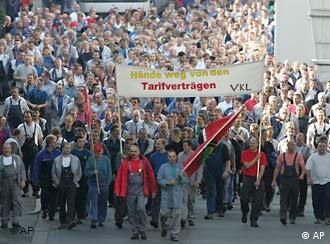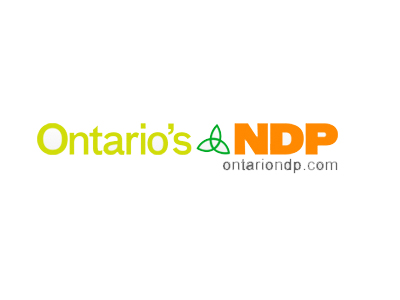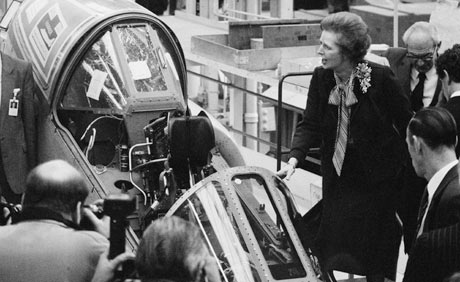Temporary workers, such as those who work in Ontario's farms, can now be paid 15 per cent less than the average wage.
Immigration Minister Jason Kenney has always vehemently denied bringing cheap foreign labour into Canada. Employers had to pay foreign temporary workers “the prevailing wage,” he pointed out.
That indeed is what the rules said – until Wednesday, when Human Resources Minister Diane Finley quietly changed them. Employers will now be allowed to pay foreign temp workers 15 per cent less than the average wage.
“We are taking action to ensure that the temporary foreign worker program support our economic recovery and effectively responds to local labour market demands,” she said at a manufacturing plant in Nisku, Alta.
Business leaders, eager to recruit low-cost workers abroad, were delighted. Immigrant support groups, already fighting to protect temporary foreign workers from exploitation, were heartsick. And labour leaders warned that the wage cut would bring down the pay scale for all workers and make it harder for Canadians to compete for jobs in their own country.
Under the new rules, foreign temporary workers will still covered by provincial employment standards, meaning they must be paid the minimum wage. But in booming Alberta, the minimum wage ($9.40) is a far cry from the average wage ($26.03).
Despite her 15-per-cent wage cut, Finley expects the influx of foreign temporary to swell. She’s undoubtedly right. Employers will always be ready to find workers overseas who are eager to come to Canada and willing to work long hours for low pay. And under the Conservatives, boosting economic growth will always eclipse protecting workers’ rights.
Since Prime Minister Stephen Harper assumed power in 2006, the number of foreign temporary workers admitted into Canada has grown by 40 per cent. The temporary worker stream is now larger than the stream of permanent workers intending to set down roots and become citizens.
Continue reading here.






























